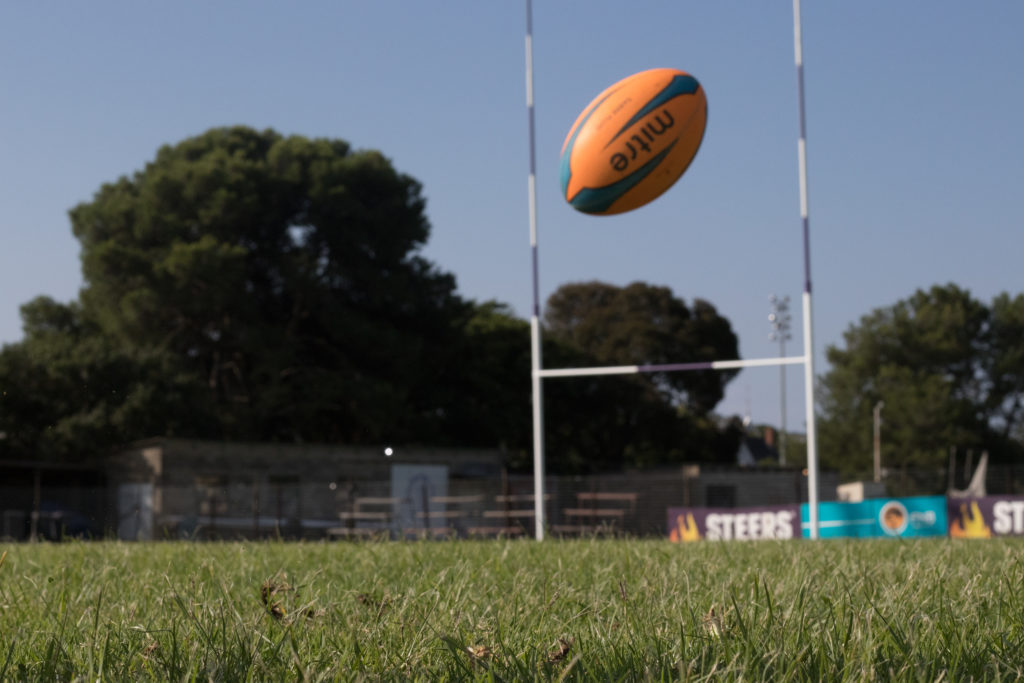After their famous victory over the All Blacks on Saturday 17 November, Ireland have undoubtedly closed the gap on the best team in the world. In fact, some argue that they have overtaken New Zealand as the front-runners in world rugby, for a number of reasons.
The men from the emerald isle have garnered a reputation over the past couple of years as the best team in the Northern Hemisphere, with a number of consistent victories over their European counterparts in the RBS 6 Nations tournament. The Irish have played 22 matches since the start of 2017, and have managed to win 19 of them. That is a staggeringly consistent number of wins since their last tour of South Africa, a series that they lost 2-1.
Additionally, the Irish Pro14 and Champions Cup sides have consistently placed in the upper sections of their league tables, meaning that Irish rugby has dominated European club rugby throughout this 24-month period as well. Leinster and Munster are tied with Toulon and the Saracens as the most successful teams in Europe over the past couple of years, and have displayed great depth and skill in all of their encounters.
This has built the Irish rugby reputation across the world, and brought them to second overall across the world. But why do I say they have taken over from the All Blacks as the best in the world?
The All Blacks have dominated world rugby since the 2015 world cup. They were on route to break their international unbeaten record that they had previously held alongside South Africa of 17 straight test victories, up until they encountered Ireland in the United States in 2016. The match on Soldier Field on Saturday 5 November in 2016 would stand as the first official crack in the All Black armor in the subsequent years.
New Zeland have suffered only four defeats since then (including their most recent loss to Ireland last week), losing out to South Africa most recently before their clash with Ireland. However, in all of these previous defeats, one thing stands out about the Irish victory on Saturday. The All Blacks were beaten in all aspects of the game.
Against South Africa in Wellington earlier this year, South Africa won through their defence alone. The All Blacks still dominated the possession, meters and discipline statistics, and they hardly looked like losing, even when the Springboks were a number of scores ahead. It was their commitment on defence that saw the South Africans outlast their hosts.
However, the Irish bossed their encounter with the All Blacks from minute one. They dominated the physical exchanges, held up defensively, and forced the All Blacks to make uncharacteristic errors. It has been a very long time since New Zealand have looked so out of sorts both on defence and attack, being held tryless for the first time in a number of years.
Peter O’Mahony was the epitome of the Irish efforts in their clash, showing clear and obvious passion and drive to beat the All Blacks to make impossible tackles and covering efforts. His track back to cover a chip and chase midway through the second half epitomised New Zealand’s struggle to make their patented attack work.
Perhaps the most impressive aspect of the Irish victory is the clear display of the current depth in the Irish squad. Despite not having their first choice scrum half, and arguably the best no. 9 in the world right now, Connor Murray available for selection, Kieron Marmion bossed both the Irish pack and backline superbly well, and showed that Ireland can win well without their stalwart halfback.
Likewise, the impressive young fullback, Jordan Larmour, complements the likes of Keith Earles, Rob Kearney, Jacob Stockdale and Luke Fitzgerald in the outside backs, while the current plethora of centres at coach Joe Schmidt’s disposal causes positive selection headaches on a weekly basis. Even at flyhalf, Ireland no longer have to palce all of their faith in Jonny Sexton, with Ross Byrne and the impressive young Joey Carberry quickly showing their class as world class out halves.
New Zealand could have easily lost four test matches this year (if refereeing consistency was what it should be), while Ireland have barely looked shaken by their opponents throughout the year. With the Rugby World Cup in Japan barely ten months away, Ireland have peaked at precisely the right time, and New Zealand seem unlikely to complete their third successive World Cup victory.


